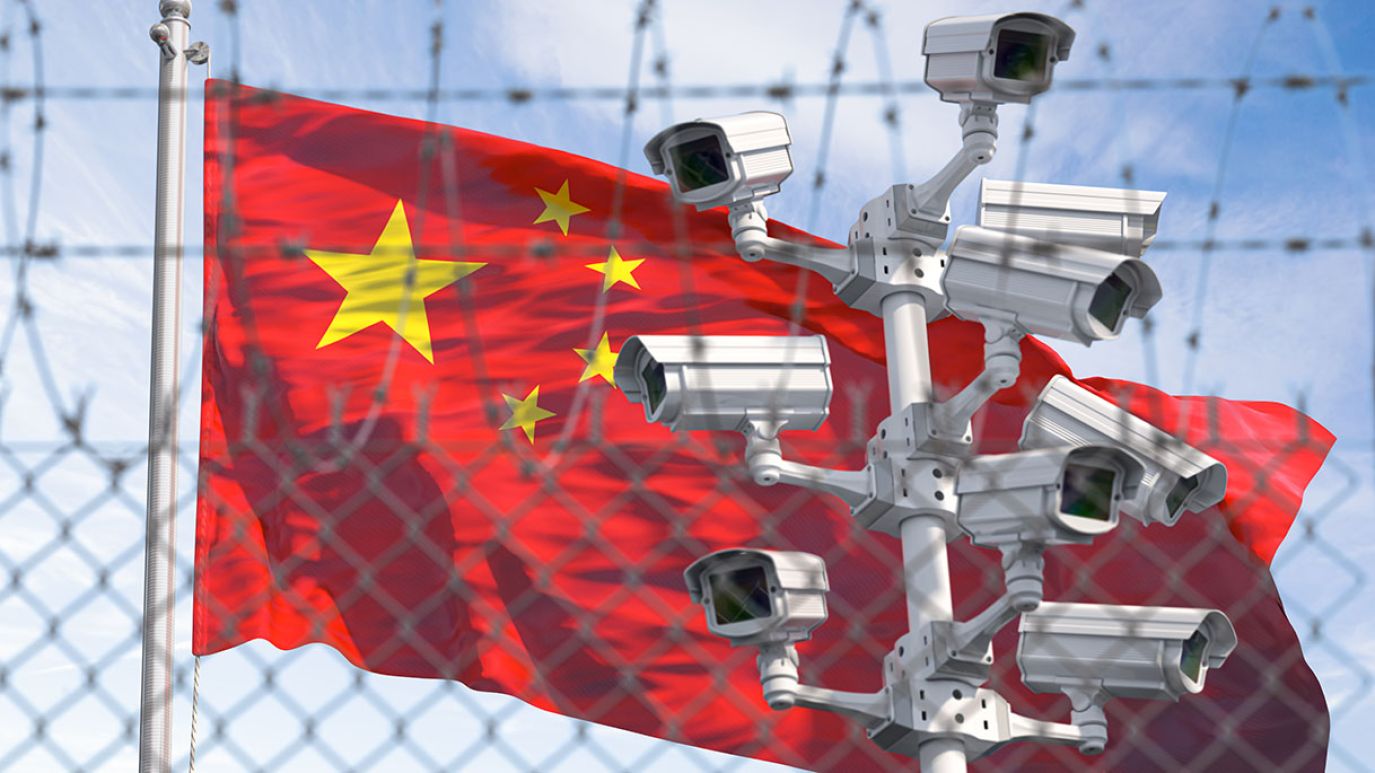China’s MSS Issues Procedural Rules for Law Enforcement and Criminal Cases

China’s Ministry of State Security (MSS) published two new regulations regarding procedures for law enforcement and processing of criminal cases on 26 April. Both regulations have the force of law and will go into effect on 1 July 2024. They represent the first set of regulations disclosing the MSS’ procedures for law enforcement and case processing.
MSS stated that the disclosure of these regulations is meant to increase transparency of MSS operations, standardize counter-espionage operations by all state security organizations across the country, and help facilitate public scrutiny of its operations. Some analysts, however, believe this disclosure is also designed as a form of deterrence against activities that could be seen as undermining China’s national interests.
Pamir assesses that these regulations will provide additional legal justifications for the Chinese government to arrest and convict Chinese citizens for activities – including those conducted outside China – that are deemed by the Chinese authorities to have undermined national security.
PALE
The “Provisions on Procedures for Administrative Law Enforcement by State Security Organs” (PALE) is divided into seven chapters and 140 articles. Article 1 of PALE stipulates that these provisions were established based on relevant Chinese laws and administrative regulations, notably the following: 1) Counterespionage Law, 2) National Intelligence Law, 3) Administrative Punishments Law, and 4) Administrative Coercion Law. PALE defines the responsibilities of private actors and the scope of authorized actions by Chinese government organs acting in the name of national security.
- All citizens and entities must assist the efforts of state security organs by keeping secret any knowledge they may have of MSS operations and other state secrets.
- State security organs are authorized to obtain written materials, objects, video, audio, electronic data, and other evidentiary materials in their investigations.
- State security organs are also authorized to inspect the electronic equipment, installations, apps, and tools of any private entity.
- State security organs are further authorized to detain individuals for up to 24 hours for interrogation. In China, the MSS can conduct surveillance, search, and detention without court orders. The MSS is expected to adhere to consular protocols if foreigners are involved.
PHCC
The “Provisions on Procedures for Handling Criminal Cases by State Security Organs” (PHCC) spans 11 chapters and 360 articles. Article 1 of PHCC stipulates that these provisions were created to ensure the implementation of China’s Criminal Procedure Law. PHCC specifies the scope of authorized activities by government organs and the obligations of private actors during criminal proceedings.
- Chinese nationals who committed crimes that undermine China’s state security while overseas are subject to prosecution upon return to China at their location of reentry, their residence in China before departure, or their Chinese residence upon return. This means that overseas Chinese nationals, such as Chinese foreign exchange students or Chinese employees of foreign-invested enterprises, may face criminal charges if they make public anti-China comments or engage in other activities dubbed “anti-China” while abroad.
- Defense lawyers for suspects in state security investigations must report client information to the presiding state security organ if it relates to planned or ongoing crimes against China’s state security, public security, or the safety of individuals.
- PHCC details the methods and scope of state security organs’ collection of electronic data, such as blogs, chatroom conversations, emails, and apps.
Although these regulations will not formally come into effect until 1 July, Chinese security personnel are already beginning to implement them: Chinese social media reported that Chinese border control randomly checked cellphones of Chinese nationals returning from overseas vacation after the May Day long holiday for politically incorrect content.
China’s 5G influence in developing economies
China’s Belt and Road Initiative and its digital counterpart, the Digital Silk Road, threaten to displace US telecom and tech companies in developing economies in Africa, Latin America and the Middle East. How can US operators and network providers stand up to the challenge?